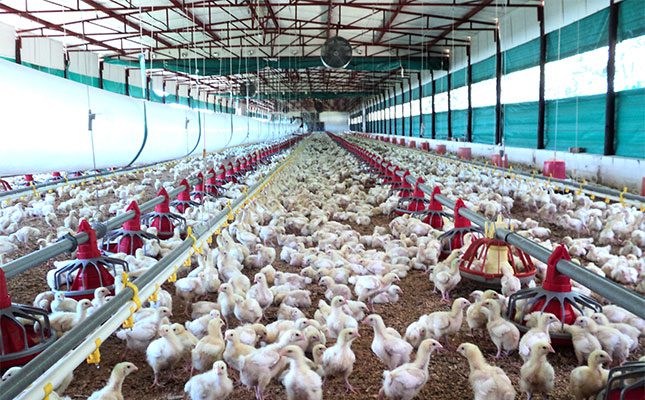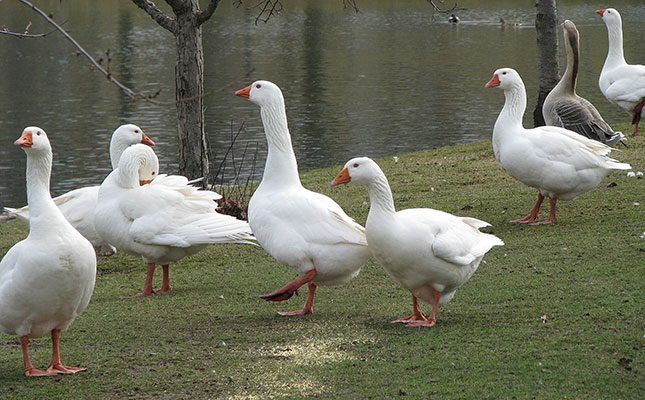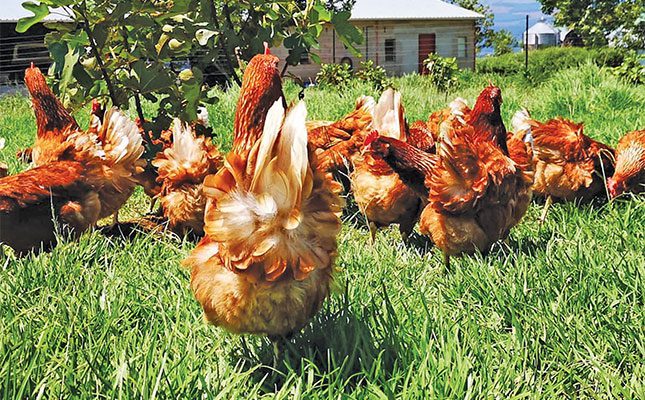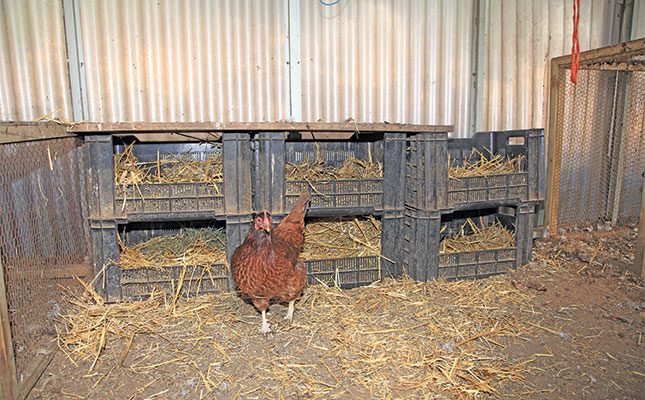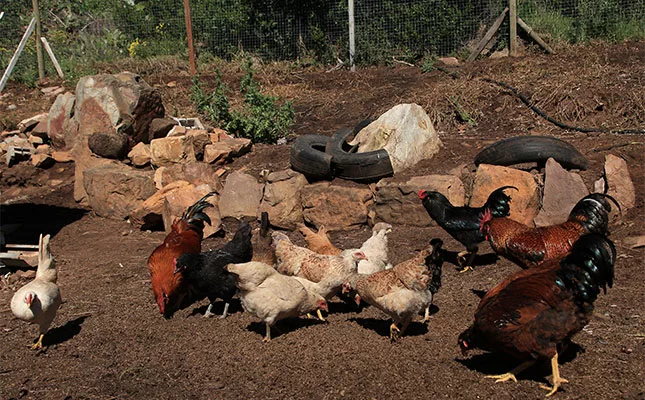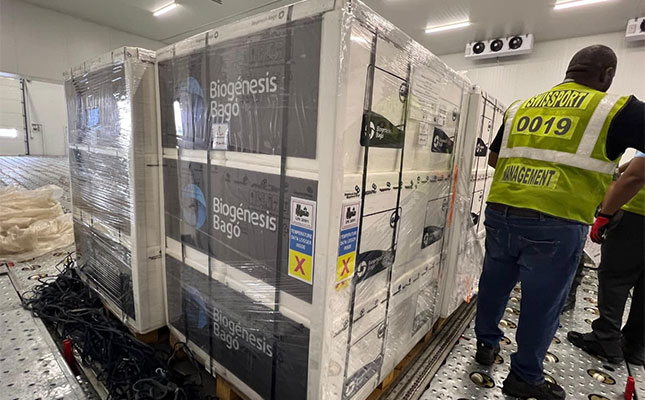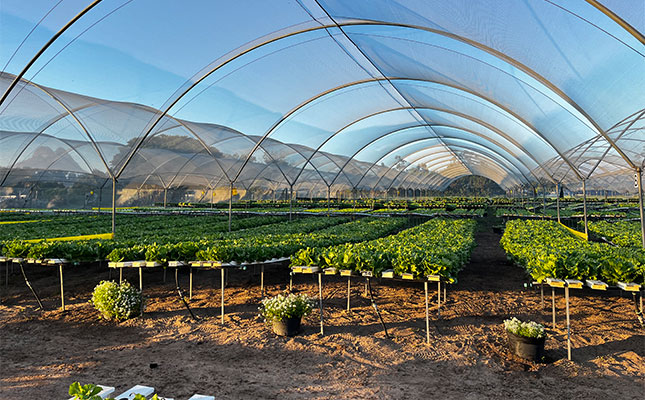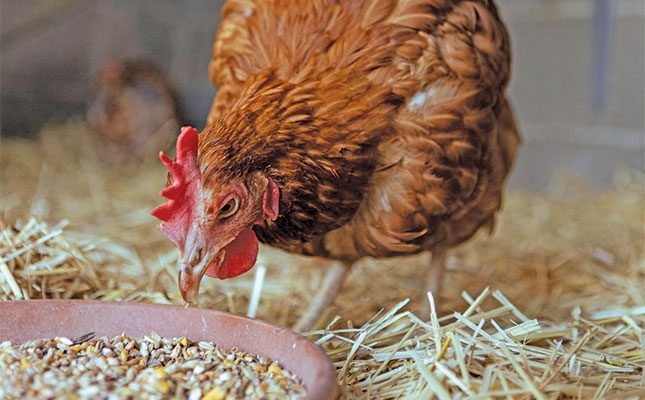
Getting a poultry business off the ground is a demanding exercise, especially for emerging farmers, but it can be a rewarding one, too.
While the demand for poultry products continues to rise, the regulatory and legal requirements governing the industry can often pose significant challenges for new entrants.
Dr Sipokazi Nyeleka, a poultry nutritionist and the learnership and operations manager at Afrivet Training & Technical Services, has spent years working closely with emerging poultry farmers across the country.
Her work involves facilitating workshops and training sessions focused on poultry production, disease management, and nutrition, equipping small-scale producers with the tools they need to thrive in a regulated environment.
According to Nyeleka, one of the many obstacles that emerging farmers face is understanding the legal requirements tied to scaling their businesses.
“Different legal considerations apply to the different scales of production. For instance, a farmer who is only interested in remaining a subsistence farmer will not face the same legal requirements as an emerging farmer who is actively scaling their business,” she explains.
Daunting regulatory terrain
Nyeleka adds that navigating the regulatory terrain can be daunting, but farmers don’t have to go through it alone. She encourages new entrants to start at their local office of the Department of Agriculture.
“This is because government officials in the Department of Agriculture work closely with the officials in other departments who are linked to responsible farming, for instance, the Department of Forestry, Fisheries and the Environment. By approaching the Department of Agriculture, the farmer potentially saves a lot of time and is assisted by knowledgeable and accessible officials,” she says.
Nyeleka adds that for those pursuing growth, several legislative acts come into play. These include the Animal Diseases Act (No. 5 of 1984), which requires producers to be aware of animal diseases, including zoonotic diseases that must be reported to the state veterinarian.
Poultry producers must also be aware of the Meat Safety Act (No. 40 of 2000), which governs the production of safe meat for human consumption. In addition, the National Environmental Management Act (No. 107 of 1998) applies to all poultry operations, regardless of size.
“It is important that farming is done in a manner that will not compromise a healthy ecosystem. Communities must not be polluted by the farming enterprise,” she explains.
Nyeleka adds that farmers must meet specific legal obligations before they can start commercial poultry operations. These include acquiring a water-use licence, especially given the volume of water required for poultry production.
Nyeleka says that emerging farmers who want to produce their own feed must apply for a feed production licence through the Department of Agriculture, as regulated by the Fertilizers, Farm Feeds, Agricultural Remedies and Stock Remedies (No. 36 of 1947).
“Transporting the birds to an abattoir is an integral part of a poultry operation. Farmers need to be aware of what the requirements are, as the transportation of birds has a direct effect on the quality of meat,” she adds.
Even small-scale farmers must operate within the law. “If a farmer is producing 500 to 1 000 birds, they should be mindful of the environment and the community around them,” says Nyeleka.
The Meat Safety Act and the National Environmental Management Act still apply even if the products are sold within the community.
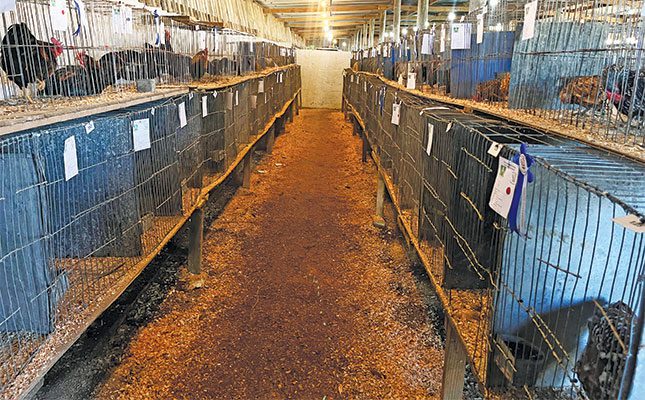
There are also laws around land use. “Zoning laws are specific to each area,” explains Nyeleka.
“If a portion of land is designated for agricultural purposes, poultry farming may be permitted, but specific conditions such as building regulations, waste management, and environmental impacts apply.”
Therefore, simply knowing land is zoned for agriculture is not enough; farmers must research applicable zoning laws to understand the constraints and permissions tied to their location.
Again, if you’re unsure, approaching the Department of Agriculture with your questions is the best place to start.
According to Nyeleka, setting up a poultry operation in a residential zone involves a different set of regulations.
“Poultry farming in areas designated for residential or mixed use [is subject to] strict regulations,” she says.
Concerns like noise, odour, and the movement of heavy vehicles contribute
to the tighter regulations in these areas.
Waste, water, and biosecurity
Environmental compliance is a major focus for regulators, particularly when it comes to waste management and water use.
“There are several laws that regulate the use of water in a poultry enterprise. If a poultry farm requires access to water from a public resource, the farmer must obtain a water-use licence from the Department of Water and Sanitation,” she says.
She adds that farms must also manage wastewater to prevent contamination of local water supplies. Compliance with water quality management regulations that govern water pollution and effluent discharge is mandatory.
Nyeleka says biosecurity isn’t just a best practice; it’s a legal requirement.
“Biosecurity is a non-negotiable for all levels of farming. Diseases from food animals can be catastrophic to human health. Farmers should always strive to adhere to strict biosecurity measures,” she adds.
She warns that failure to comply can result in heavy penalties: “The impact of not adhering to biosecurity laws can result in fines and even closure of the farming enterprise, should the Department of Agriculture or the Department of Forestry, Fisheries and the Environment deem the enterprise unfit to produce food to be consumed by humans.”
Legal consequences of disease outbreaks
The stakes are even higher during outbreaks of diseases like highly pathogenic avian influenza (HPAI).
“The first consequence to consider is tied to the fact that the farmer is responsible for the biosecurity of their enterprise,” says Nyeleka.
The Animal Diseases Act places a legal obligation on farmers to prevent and control disease outbreaks.
“Failure to comply with the regulations and control measures outlined in the [Animal Diseases] Act can lead to prosecution and fines,” she adds.
Negligent farmers may also face lawsuits from neighbours affected by air-borne diseases like HPAI.
“Neighbouring farmers can file a lawsuit against the negligent farmer, especially if they have evidence that is admissible in court,” she says.
In extreme cases, the state can shut down a non-compliant operation entirely.
Animal welfare
Beyond disease control, poultry farmers have a duty to ensure the humane treatment of their birds.
“The Five Freedoms [of animal welfare] are clear and provide guidance as to how animals must be treated,” says Nyeleka.
- The Five Freedoms are:
- Freedom from hunger and thirst;
- Freedom from discomfort;
- Freedom from pain, injury, or disease;
- Freedom to express normal behaviour; and
- Freedom from fear and distress.
“Beyond legal requirements, farmers have a moral duty to prioritise the well-being of their birds. These animals not only provide their livelihood but are also consumed by the public, making their care a matter of both ethics and responsibility,” she says.
Standards for housing, feeding, and veterinary care
Housing, nutrition, and veterinary care standards differ depending on the poultry production model.
“A free-range operation requires different housing compared with an environmentally controlled operation,” explains Nyeleka.
She adds that a feeding regimen must be tailored to the age and purpose of the birds.
“Older birds, for example, cannot be fed a starter diet intended for younger birds, because that diet would not meet the nutritional requirements of the older birds,” she explains.
Furthermore, when it comes to medication and vaccinations, knowledge is critical. “Each production cycle has a set routine of vaccinations. Farmers need to know which vaccination to use at which stage of production. It is equally important to know which medication to administer for what disease. The consultation of a professional for these aspects is crucial,” she says.
Crucially, Nyeleka says that “it is unlawful not to treat birds when they are sick”.
Knowledge as a tool for compliance
While the regulatory environment for poultry farming in South Africa may seem overwhelming, Nyeleka says that with the right knowledge and support, emerging farmers can build compliant and sustainable operations.
“Legal compliance isn’t just about ticking boxes, but about ensuring public health, environmental sustainability, and the long-term success of the farming enterprise,” she says.
As poultry farming continues to attract new entrants seeking economic opportunity, understanding and navigating the legal landscape will remain a fundamental for the success of the business.
For more information email Dr Sipokazi Nyeleka at [email protected].
Get trusted farming news from Farmers Weekly in Google Top Stories.
➕ Add Farmers Weekly to Google ✔ Takes 10 seconds · ✔ Remove anytime
